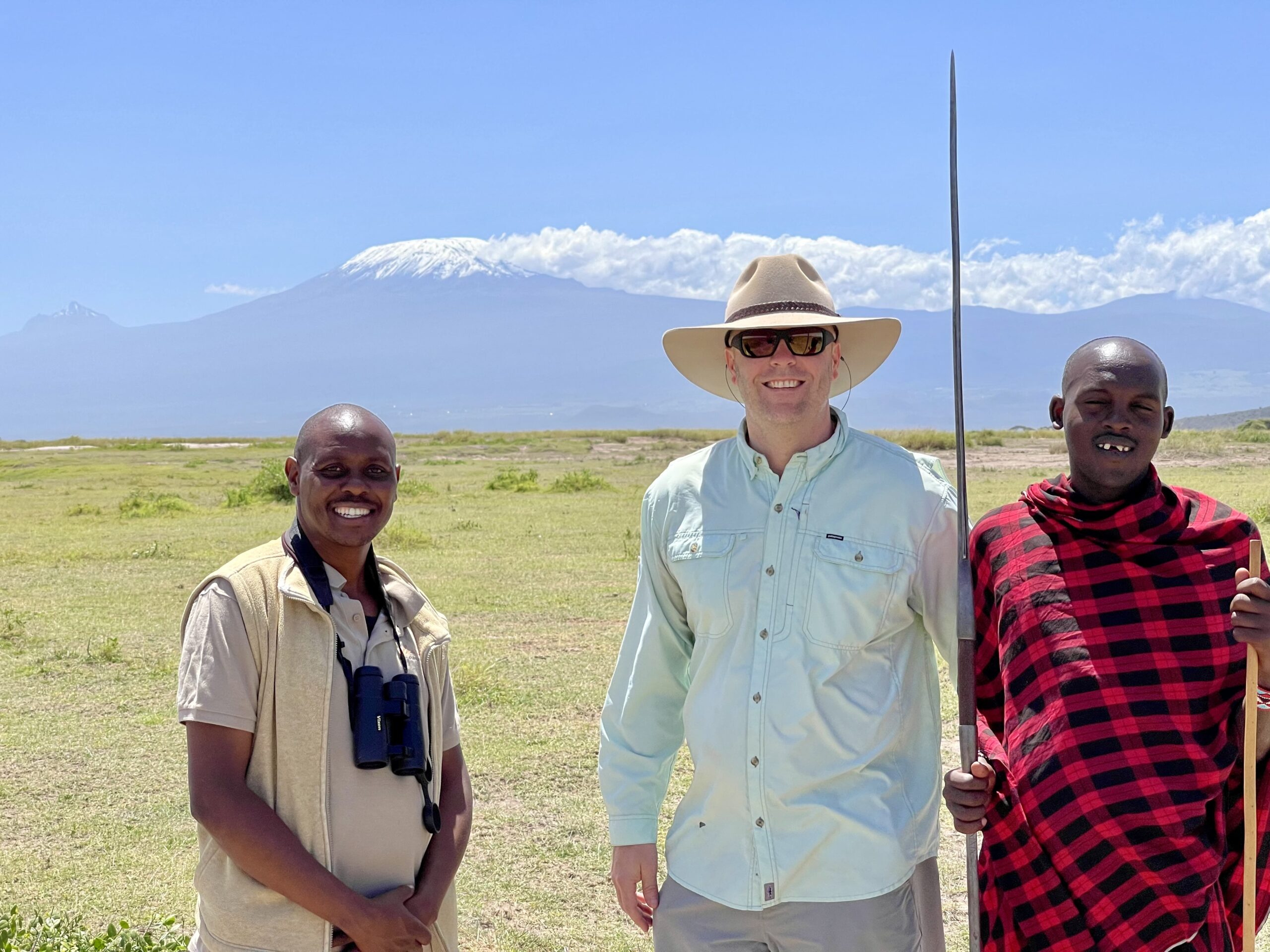Tourism and conservation are two critical aspects of our global ecosystem that are closely interconnected. Tourism has the potential to bring economic benefits to local communities and help preserve natural resources, but it can also have negative impacts on wildlife and ecosystems if not managed properly. On the other hand, conservation efforts aim to protect and preserve natural resources, and this can also attract tourists seeking to experience and learn about the environment.
Sustainable tourism is an approach to travel that seeks to minimize negative impacts and maximize positive outcomes for both the environment and local communities. This can involve activities such as reducing waste, supporting local businesses, and reducing negative impacts on wildlife and ecosystems. By adopting responsible tourism practices, tourism can be a powerful tool for promoting conservation and protecting our planet.
While allowing travelers to see and experience wild spaces around the world (visit https://jameswardphotography.com/gallery/ to see images from around the world), the tourism industry has the potential to provide a significant source of income for local communities living near protected areas and conservation sites. By providing jobs and income, tourism can help support conservation efforts by providing a financial incentive for local communities to protect and preserve natural resources. This can include supporting local conservation organizations, participating in conservation activities, and helping to promote sustainable tourism practices.
However, the benefits of tourism for conservation are not always straightforward. Mass tourism can have a negative impact on wildlife and ecosystems, leading to overcrowding, degradation of habitats, and disturbance to wildlife. This can result in a decline in wildlife populations, which can have significant impacts on the local ecosystem and the tourism industry itself. For example, if there is a decline in wildlife populations, tourists may be less likely to visit an area, leading to a decrease in revenue for local communities.
To mitigate these negative impacts, it is essential to adopt responsible tourism practices that focus on preserving the environment and supporting local communities. This can include using eco-friendly tourism facilities, such as lodges and campsites that minimize waste and reduce their environmental footprint, and promoting sustainable tourism practices, such as reducing the use of single-use plastics and supporting local businesses. Additionally, responsible tourism practices can also include supporting conservation efforts, such as wildlife research and habitat restoration.
Another way to promote sustainable tourism and conservation is through education and awareness. By educating tourists about the importance of conservation and the impact of their actions, we can promote responsible tourism practices and encourage tourists to support conservation efforts. This can include providing information about local wildlife, habitats, and conservation efforts, as well as encouraging tourists to participate in conservation activities, such as wildlife surveys and habitat restoration.
Tourism and conservation are closely linked and have the potential to be powerful tools for promoting sustainability and protecting our planet. By adopting responsible tourism practices and supporting conservation efforts, the tourism industry can have a positive impact on local communities and the environment. With a focus on responsible tourism and conservation, we can ensure a bright future for our planet and the communities and wildlife that call it home.

